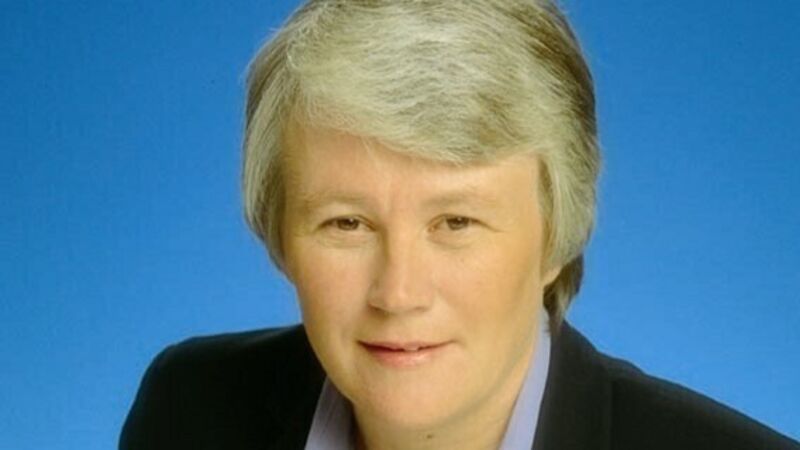TD says her children ‘abused’ over her water comments

Dublin Fine Gael TD Catherine Byrne says she has reported the cyberbullying to “the proper authorities” as she stood over her controversial comments.
The remarks came as TDs continued to debate new legislation which would impose penalties on non-payers.













